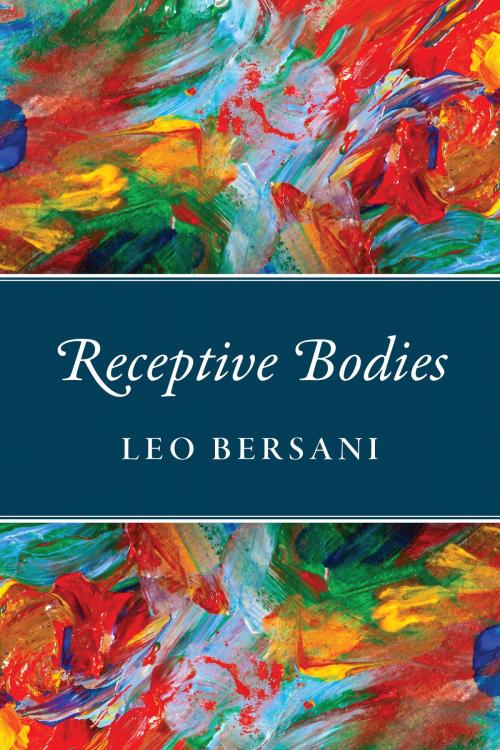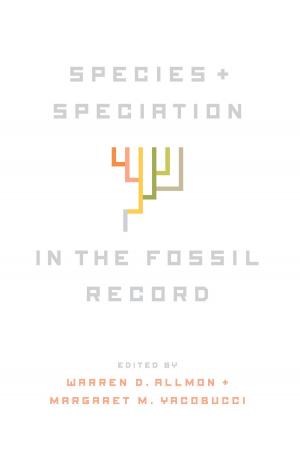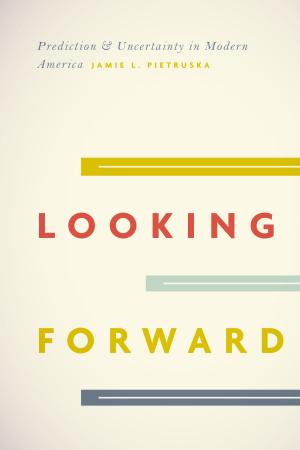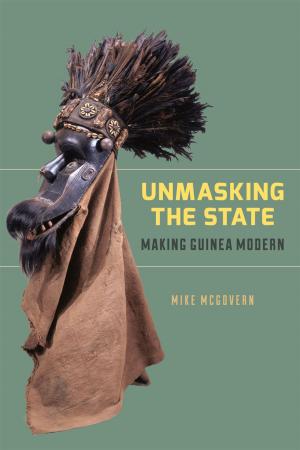| Author: | Leo Bersani | ISBN: | 9780226579931 |
| Publisher: | University of Chicago Press | Publication: | November 16, 2018 |
| Imprint: | University of Chicago Press | Language: | English |
| Author: | Leo Bersani |
| ISBN: | 9780226579931 |
| Publisher: | University of Chicago Press |
| Publication: | November 16, 2018 |
| Imprint: | University of Chicago Press |
| Language: | English |
Leo Bersani, known for his provocative interrogations of psychoanalysis, sexuality, and the human body, centers his latest book on a surprisingly simple image: a newborn baby simultaneously crying out and drawing its first breath. These twin ideas—absorption and expulsion, the intake of physical and emotional nourishment and the exhalation of breath—form the backbone of Receptive Bodies, a thoughtful new essay collection. These titular bodies range from fetuses in utero to fully eroticized adults, all the way to celestial giants floating in space. Bersani illustrates his exploration of the body’s capacities to receive and resist what is ostensibly alien using a typically eclectic set of sources, from literary icons like Marquis de Sade to cinematic provocateurs such as Bruno Dumont and Lars von Trier. This sharp and wide-ranging book will excite scholars of Freud, Foucault, and film studies, or anyone who has ever stopped to ponder the give and take of human corporeality.
Leo Bersani, known for his provocative interrogations of psychoanalysis, sexuality, and the human body, centers his latest book on a surprisingly simple image: a newborn baby simultaneously crying out and drawing its first breath. These twin ideas—absorption and expulsion, the intake of physical and emotional nourishment and the exhalation of breath—form the backbone of Receptive Bodies, a thoughtful new essay collection. These titular bodies range from fetuses in utero to fully eroticized adults, all the way to celestial giants floating in space. Bersani illustrates his exploration of the body’s capacities to receive and resist what is ostensibly alien using a typically eclectic set of sources, from literary icons like Marquis de Sade to cinematic provocateurs such as Bruno Dumont and Lars von Trier. This sharp and wide-ranging book will excite scholars of Freud, Foucault, and film studies, or anyone who has ever stopped to ponder the give and take of human corporeality.















